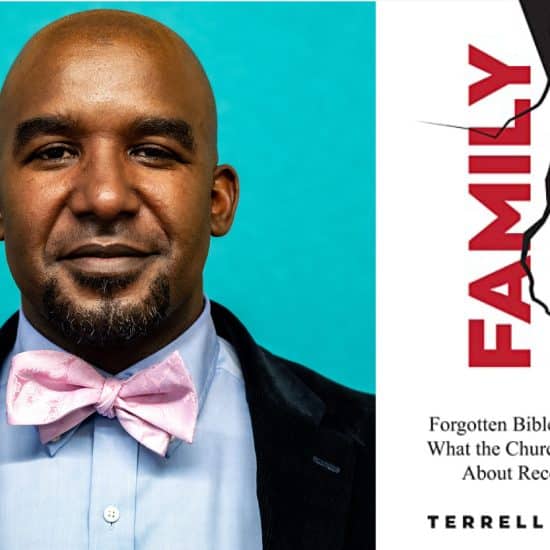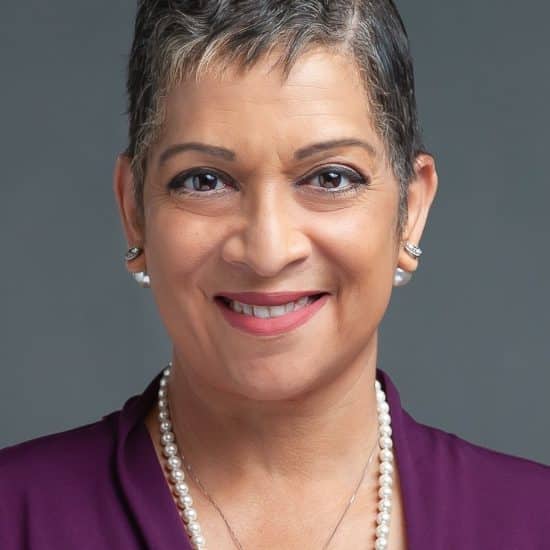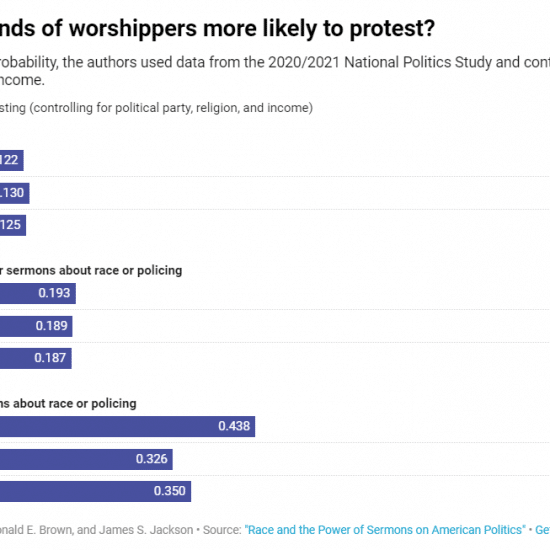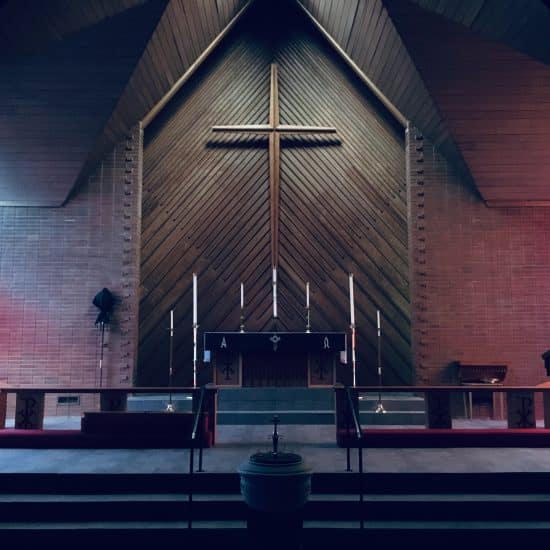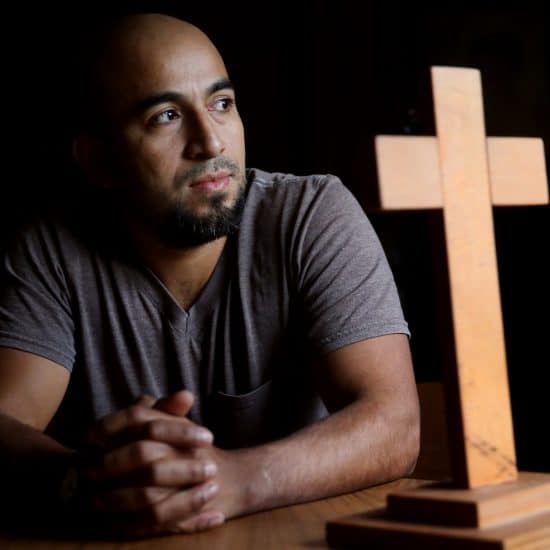Baptists long have been known as strong advocates of the priesthood of the believer—the idea that every individual can approach God and have a personal relationship with the Creator. Each person has the right to interpret Scripture for himself or herself.
The concept of the priesthood of the believer gave rise to the congregational form of church governance—each member having a say in the decisions the church makes, from calling a pastor to determining the color of the nursery walls.
The democratic process is the congregational form’s strength, Pastor Kevin Payne of First Baptist Church in Independence, Mo., believes.
“It’s the recognition that everyone has a voice. It recognizes each person’s value,” he said. “The congregation holds people accountable.”
Payne believes democracy also is the system’s weakness. “The democratic process has serious flaws,” he said. “It’s dominated by those with strong personalities.”
It’s unwieldy, he added, slowing decision-making. Often, requests must pass through several committees before getting to First Baptist’s quarterly business meetings.
Fewer members participate in business sessions, particularly younger members. “They don’t want to talk about money and routine business matters,” Payne said. “They want to do ministry.”
Mark Wingfield, associate pastor of Wilshire Baptist Church in Dallas, believes the congregation’s character, rather than its size, determines governance. Wilshire, which averages about 1,100 in worship, follows a slightly modified congregational structure, with deacons.
Wilshire uses committees for business issues, such as personnel, and for structure, such as worship and education. When the church discovered some committees, such as baptism, had little to do with churchwide decision-making, they were converted to ministry teams.
“Our congregation is pretty easy-going, and the history of the church shows that it has not been acrimonious,” Wingfield said. “There is a high trust level, and we have been intentional about balance on our committees between male and female, married and single, old and young.”
Leaders at First Baptist in Independence may explore other governing options based on demographics rather than size. The church averages about 215 in Sunday morning worship.
One option First Baptist may consider is a governing form gaining acceptance among some Baptists—elders, either as a “ruling” elder board that decides administrative and business issues or as a “spiritual” body that leads in doctrine and ministry.
The Acts 29 Network, which includes some Baptist churches, advocates use of ruling elders. The pastor is the lead elder, with a group of others who decide most issues—business and spiritual.
But elders in other Baptist congregations focus on spirituality and service. First Baptist Church of Woodbridge, Va., uses a congregational form of government enhanced with a small group of elders.
Pastor Ray Bearden believes the governing process remains congregational at heart, because church members can express their opinions in business sessions held every other month and participation in ministry teams.
The church uses an administrative ministry team for day-to-day business. Major issues, including the budget, are brought to the congregation. Members can bring up anything from the floor during business sessions.
The church also has deacons whose primary focus is to care for church members and to concentrate on ministry delivery.
Elders at the Woodbridge church “ensure proper doctrine and exercise church discipline,” Bearden said. They also can step in to help the pastor or teams deal with conflict. Elders “may wade into” the discussion on any issue that needs “spiritual clarity … to make sure team members maintain … a spiritual focus,” he said.
He believes the combination of deacons and elders works well for his church, because it allows people to serve where they are gifted and helps keep the focus on ministry.
Cowboy churches tend to use an elder system, as well, explained Charles Higgs, director of western-heritage ministries for the Baptist General Convention of Texas. In most cases, they serve as the “spiritual soul of the church,” rather than as ruling elders.
Most cowboy congregations, at least in Texas, primarily are lay-led, with elders serving alongside lay pastors. Usually the church has no deacons, and business and ministry are handled through ministry teams.
Generally, the church only conducts an annual congregational business meeting, but additional business conferences can be called for land or building purchases or to call a pastor.
Accountability is a key strength, Higgs believes. The pastor is accountable to the elders, who are accountable to the congregation who elects them.
Elders are not elected for life, but, instead, usually are elected to three-year rotating terms. The pastor and elders determine who will serve on the various ministry teams. The first Sunday of each month, everyone is asked to stay after worship to participate as part of the leadership team.
The system works well because cowboy churches target and tend to reach adults (70 percent of baptisms are adults), particularly men, many who are put off attending traditional churches because of a perceived emphasis on money. Several rural congregations have adopted the model, calling themselves “country” churches, Higgs said.
Higgs sees two drawbacks. First, he has seen a few congregations suffer when elders “felt empowered” to control the church and resort to an elder-ruled system.
Second, communication can become mired. Pastors and elders must make sure they communicate to the congregation. Higgs believes encouraging all members to participate on the leadership team is a way to bridge the communication gap.

